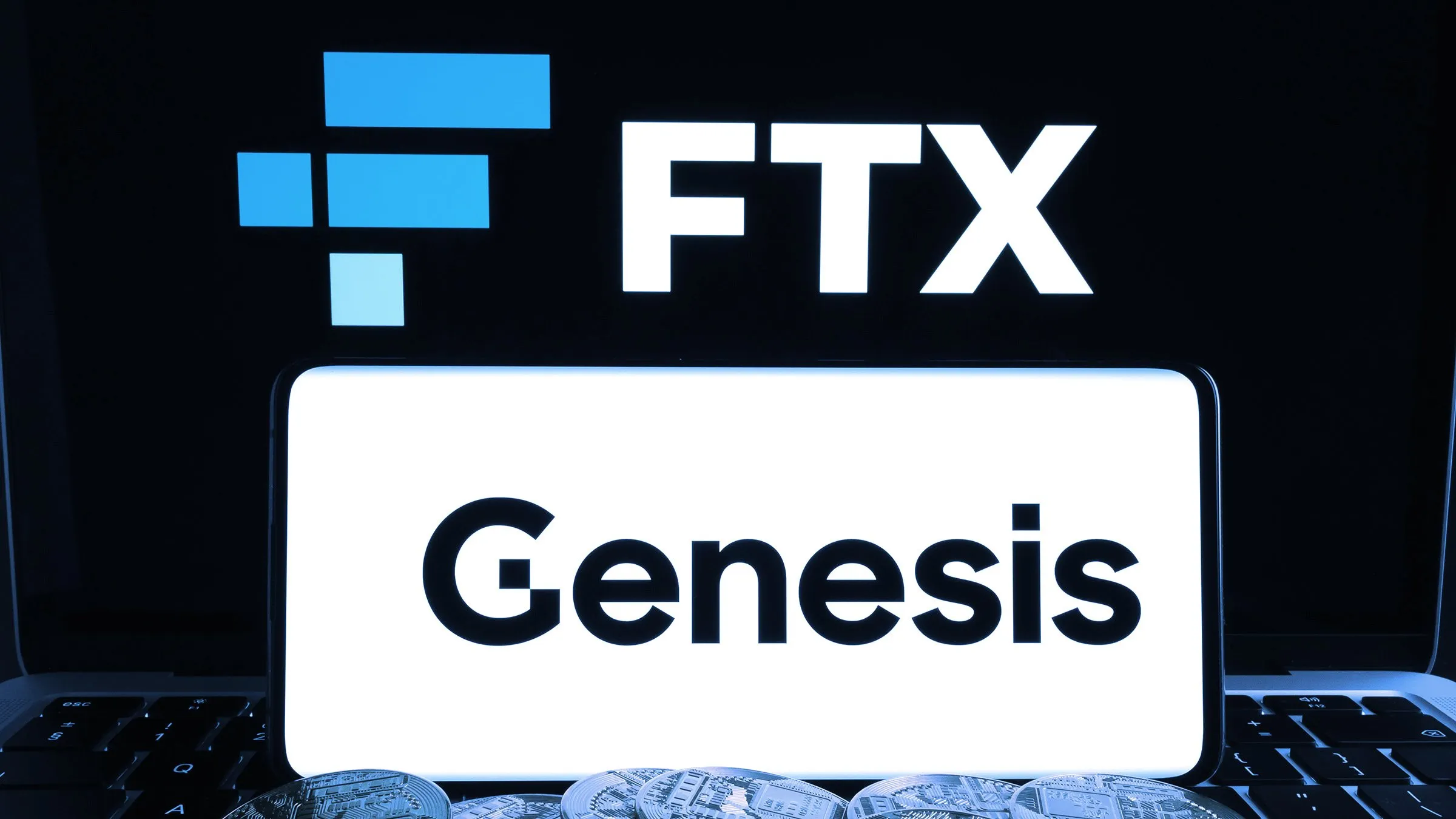Genesis Timeline
November 8: "No material net credit exposure"
November 9: We lost $7M
November 10: Okay, we have $175M locked in FTX
November 16: Sorry, no withdrawals or new loans
November 17: Okay, we need $1BN
November 21: We'll go bankrupt without the money
👍
— Cred (@CryptoCred) November 21, 2022
1/5 Update for Earn customers: we continue to work with Genesis Global Capital, LLC (Genesis) — the lending partner of Earn — and its parent company Digital Currency Group, Inc. (DCG) to find a solution for Earn users to redeem their funds.
— Gemini (@Gemini) November 22, 2022
Hey all of
Unfortunately due to constrained funding and uncertain conditions, Orbis Labs is unable to continue building and the project as come to a halt. This is unfortunate given the amazoing research and work that has been produced.
— Orbis (@orbisproject) November 24, 2022
Hello Ardana community,
Unfortunately due to recent developments with regards to funding and project timeline uncertainty, the Ardana project has had to come to a halt. Our code will remain open source for builders to continue our work going forward as they wish.
— Ardana - DeFi Hub of Cardano (@ArdanaProject) November 24, 2022
Reserves
KuCoin holds nearly one-fifth of its reserves in KCS, its own exchange token. Should this percentage start growing rapidly, it may become a cause for concern, just like how the illiquid FTT formed the bulk of FTX’s balance sheet. pic.twitter.com/DTvlqHihO7
— The Block Research (@TheBlockRes) November 21, 2022
2/2 #ProofOfReserves audit must have:
1. sum of client liabilities (auditor must exclude negative balances)
2. user-verifiable cryptographic proof that each account was included in the sum
3. signatures proving that the custodian has control of the walletshttps://t.co/QEZo0DzJfw— Jesse Powell (@jespow) November 22, 2022
“Proto-danksharding”
.@TimBeiko quick recap of core devs call
Shared on Eth R&D Discord pic.twitter.com/vtJKarxJza— abcoathup.eth 🦇🔊🦆🌱 (@abcoathup) November 25, 2022
Thread summarizing amazing progress on EIP-4844 (proto-danksharding).
This is a crucial first step to massively lower fees on L2, helping to make it affordable for much larger numbers of users to directly use on-chain applications instead of relying on cefi intermediaries. https://t.co/cMeIAV5aN5
— vitalik.eth (@VitalikButerin) November 24, 2022
Reminder: EIP-4844 adds a new fee market to ethereum for short-lived data. Rollups would use this for data availability instead of hijacking regular gas.
This is a GAME CHANGER for the rollup-centric roadmap, as fees could be lowered ~100x.https://t.co/tgy8GHVFUM
— liam.eth (@liamihorne) November 24, 2022
Elsewhere…
#Tether traded about 20% of annual world GDP in one night - apparently https://t.co/HHFvSdWjn7
— Paul Amery (@newmoneyreview) November 22, 2022
A total of 42M worth of crypto assets, including 38M in USDC were stolen from my personal wallet ending in 894 in the early morning of November 10 EST.
The stolen assets are personal funds and do not affect on Fenbushi related entities.
— Bo Shen (@boshen1011) November 23, 2022
New Harvard University economics paper explains why banks should hodl #bitcoin pic.twitter.com/jWWiFcXmED
— Documenting Bitcoin 📄 (@DocumentingBTC) November 23, 2022
I’ll be speaking with @andrewrsorkin at the @dealbook summit next Wednesday (11/30). https://t.co/QocjPtCVvC
— SBF (@SBF_FTX) November 23, 2022
Hey Sam. I’m still here for you when you want to talk. No bull.
Put me on the guest list and I’ll be there in the morning. pic.twitter.com/3dskSWlCDe
— Ben Armstrong (@Bitboy_Crypto) November 27, 2022
“My regulator at the CFTC, I bribed—I asked…”
One of the funniest moment on cable in a long time pic.twitter.com/osBh8cnFi1
— Ryan Grim (@ryangrim) November 23, 2022

